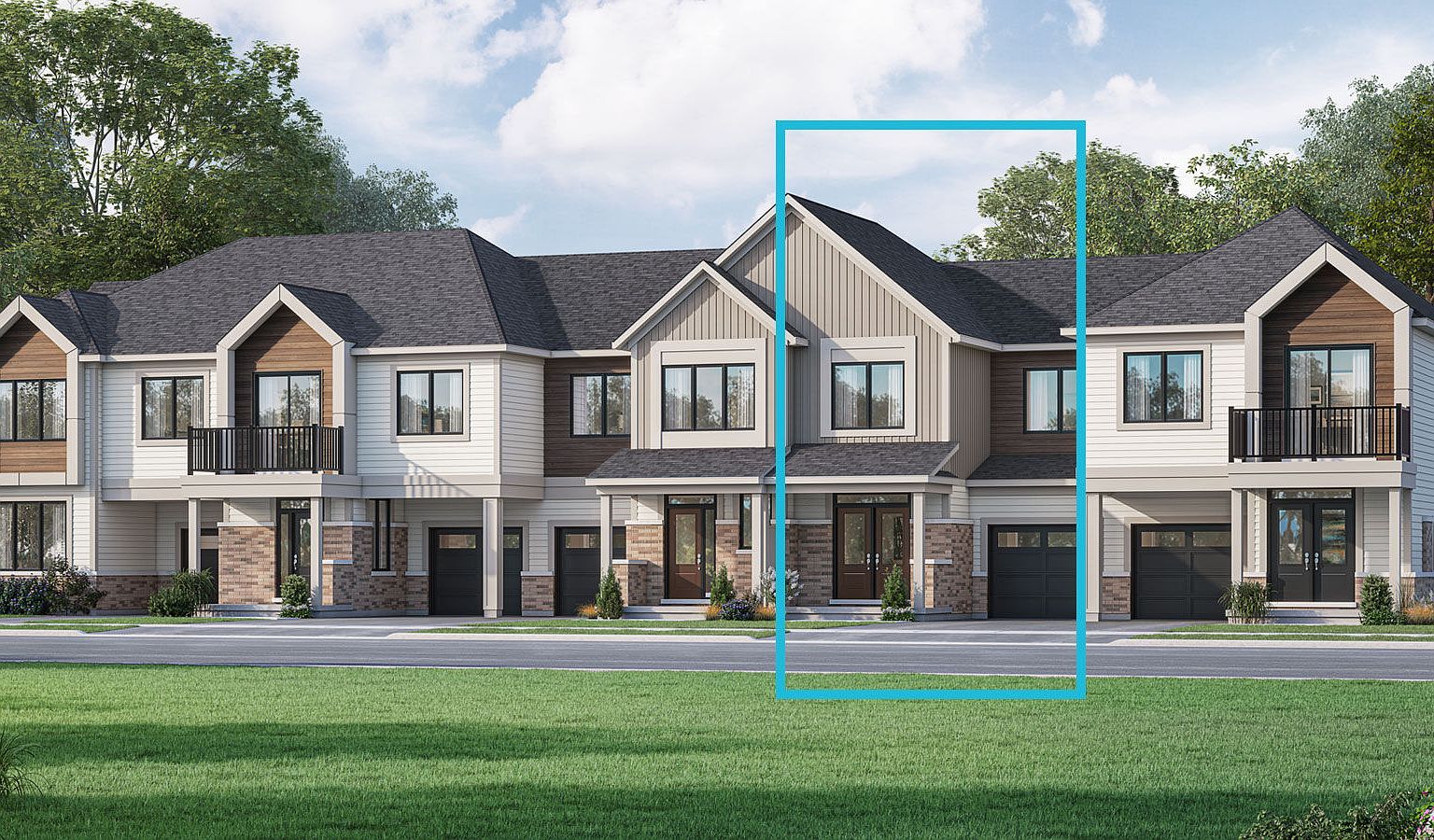Purchasing a house is one of the most important decisions you'll make in your life, and navigating the complex real estate market can seem overwhelming. With so many factors to consider, from geographic area to cost and future value, it's essential to approach the process with a clear understanding of what matters most significantly. Whether you are a first-time buyer or looking to enhance your living situation, being aware of what to look for can save you hours, money, and heartache.
As you begin your journey to locate the right place, keep in mind that the real estate market changes, influenced by the economy, interest rates, and shifts in your target region. Understanding these elements, as well as your specific preferences and desires, will empower you to reach informed decisions. This guide will help you pinpoint key factors to consider as you travel through the real estate landscape, ultimately leading you toward a place that truly appears like a haven.
Present Real Estate Developments
The real estate market has been experiencing notable changes driven by various economic factors. Interest rates have risen significantly, leading to increased borrowing costs for homebuyers. This shift has a immediate impact on affordability, prompting numerous potential buyers to reconsider their buying options or delay their decisions. As a result, the demand for homes is evolving, with buyers becoming increasingly careful in their approach to buying properties.
In certain regions, despite the higher rates, competition remains intense, particularly in desirable urban and suburban areas. Low inventory continues to be a problem, as many sellers hesitate to list their homes due to uncertainty about upcoming market conditions. This discrepancy between supply and demand is resulting in unique pricing strategies, with certain sellers opting for competitive pricing to attract buyers in a busy marketplace.
Moreover, the trends in homebuyer preferences have shifted, with numerous individuals and families now looking for properties that offer remote working capabilities and space for personal adjustments. This change has influenced demand in various neighborhoods, prompting changes in home values as buyers prioritize amenities that fit their evolving lifestyle needs. Understanding these current trends is important for anyone dealing with the housing market today.
Funding The Home
Grasping the financial options is essential as navigating the housing market. Multiple mortgage types exist, including fixed mortgages, variable-rate mortgages, and government-backed loans. A fixed-rate mortgage gives a stable interest rate over the life of the loan, which makes it simpler to budget the monthly payments. In contrast, variable-rate mortgages may begin with lower rates but can vary over time, potentially hiking the payments significantly. Investigating these options will aid you choose the best fit for one's financial situation.

Before agreeing to a mortgage, it is essential to determine how much you can afford. Lenders typically utilize a debt-to-income ratio to assess your ability to manage monthly payments alongside additional financial obligations. Consider all costs associated with homeownership, such as property taxes, insurance, and maintenance expenses. This comprehensive view will guarantee you are not financially strained after making the purchase.
Lastly, obtaining a pre-approval can boost one's position as a buyer in a competitive market. Pre-approval involves a lender assessing the financial background and providing you a conditional loan amount. This not only provides you with a clear budget but also communicates to sellers that you are a serious buyer. Taking these steps will enhance your confidence and readiness as you seek an ideal home.
Selecting the Right Spot
As you purchasing a home, position is among the most factors to consider. A fantastic location can enhance your quality of life, increase the value of the property, and provide convenience for commuting and daily activities. Seek out neighborhoods that fit with your lifestyle, whether you like a busy city area or a calm suburban neighborhood. Examine the proximity to work, schools, transit options, and facilities such as parks, dining options, and malls.
An additional important factor of position is security and the general condition of the area. Look into home buying tips in potential areas and think about going to at different times of the day to get a sense for the atmosphere. A friendly community can greatly impact your satisfaction of the area. Additionally, inquire about future construction initiatives that might influence the neighborhood, as new development could result in higher property values.
Finally, think about the future implications of your selected location. Areas that have shown reliable expansion in real estate can provide a better prospect. Look into the local market trends and speak with real estate agents to gain knowledge into the area's possibilities. Making an informed decision about where to live can not only benefit your current living situation but additionally contribute to your financial future.
